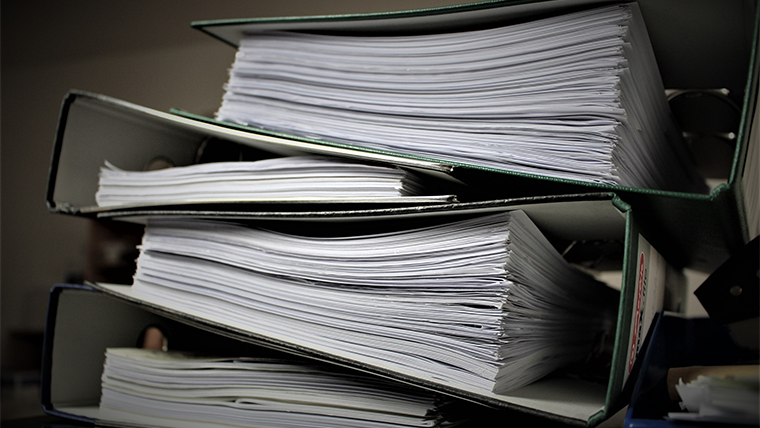
| 

Government authorities and other major institutions are increasingly looking for means of identity verification online due to the social distance rules applied since the global Covid 19 outbreak. For some, this means playing catchup; and for many others, the processes available are either too slow or too weak to suit their purposes.
Of the many shortcomings exposed by the pandemic, the issue of identity verification is certainly one causing a lot of headaches for professionals and organisations concerned with avoiding fraud and criminal access. It is to be hoped that relevant agencies learn lessons about the importance of robust, trustable and convenient online ID verification.
Widespread Demand for Online Checks
In times of limited face to face contact, the issue of identity is probably more important than ever. That’s certainly true in the opinion of law enforcement and border control agencies, and also for financial institutions in both the public and private sectors. As anyone involved in online security checking knows, it is often far too easy for criminals of various backgrounds to assume the identities of innocent citizens, and use this theft for their own purposes.
Of course, just because there is a global pandemic of a deadly disease, many aspects of society must still function as near to normal as possible; this includes legal action, employee recruitment and, in some cases, processing of travel documents such as visas. Without these essential processes, societies would suffer more than could be reasonably expected, illness notwithstanding.
It is at just these interactions with applicants and services users, however, that the issue of identity verification comes to the fore. Many societies still rely on face to face document checking, which has now suddenly become impossible. Slightly too late in the day for some, relevant agencies and businesses are suddenly looking for remote, online checking procedures.
Mismatch of Supply and Demand
For those new to the world of online ID verification, its differences from the face to face version can be something of a wake up call. The fact is that physical documents such as passports can come with many tens of inbuilt, sometimes hidden, security features. This ranges from the look, feel and weight of the material the document is made from, to more modern artefacts like contactless chips.
From this level of security used in physical documentation, suddenly checks used for online checking drop dramatically in number; often less than 10 for a virtual document or image. More recent improvements such as biometric checks are also far from common in online verification systems.
Heightened Need for Catchup
Of course, security agencies and financial institutions cannot lower their standards because the level of checks available online differs from that in the “real” world. For this reason, demand from those organizations is increasing, both in terms of the checks available, and training for their staff in how to apply them. Suddenly, the importance of being able to trust the provenance of an image presented as ID verification, for example, acquires great significance.
With the effects of the current pandemic likely to change society forever, those institutions which will always need robust ID checks are themselves experiencing something of a revelatory moment.


